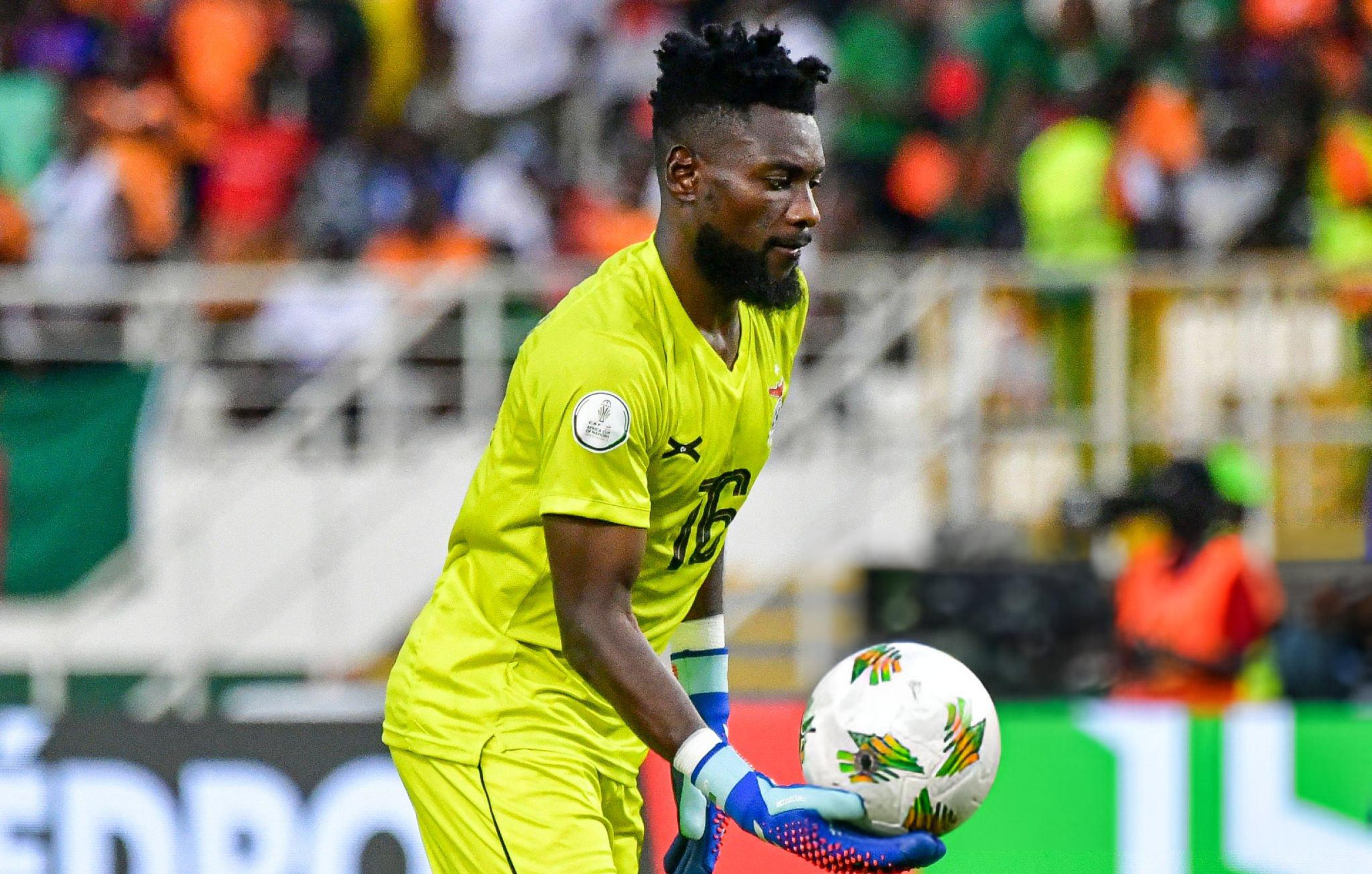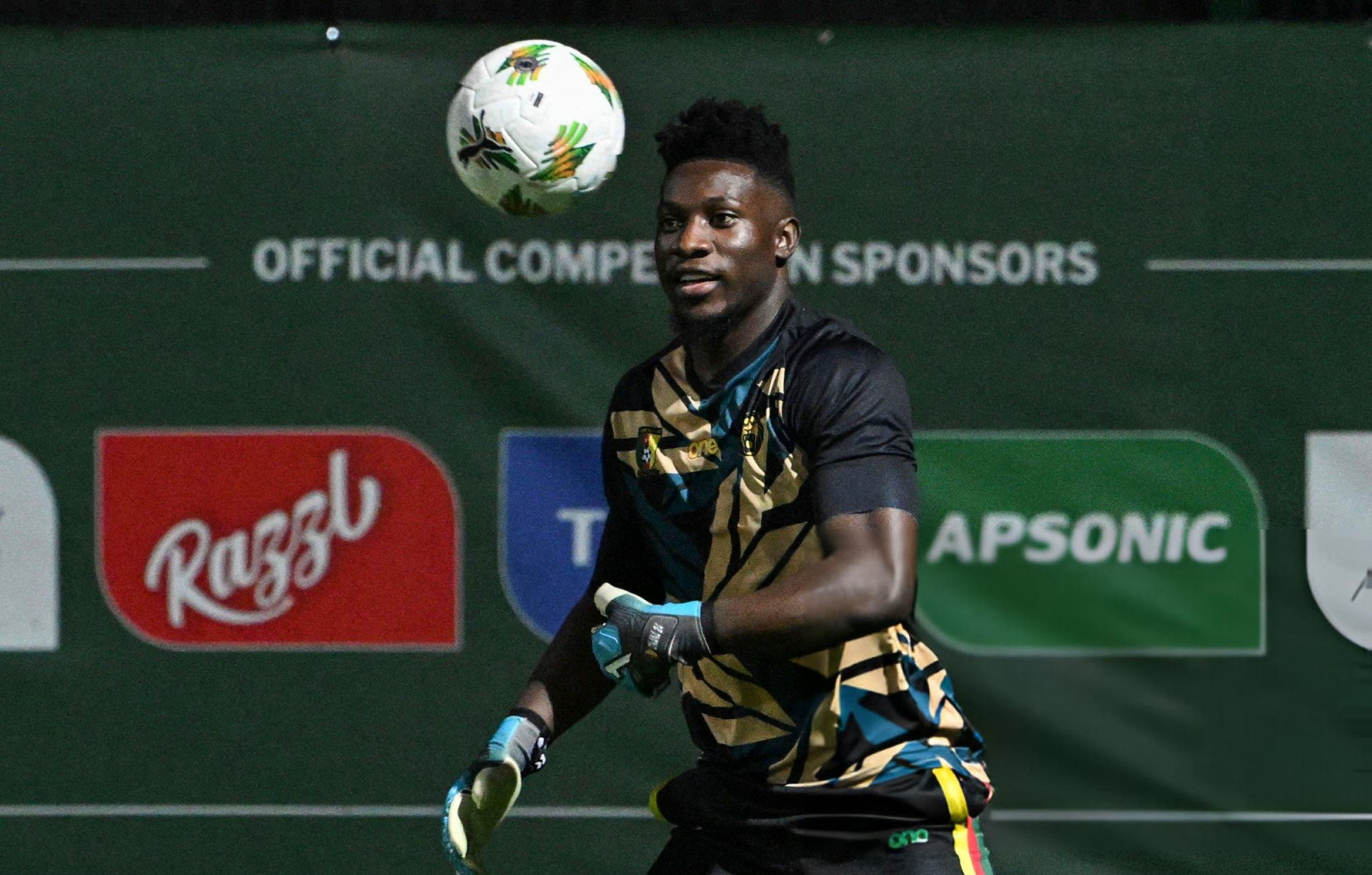Goalkeepers must now work on rapid decision-making, while defenders and midfielders may be required to reposition more quickly to compensate for the decreased time available to organise.
By Tuka Letura
This summer, the International Football Association Board (IFAB) is set to implement a bold new regulation: an eight-second rule that limits the time a goalkeeper may hold onto the ball. This move is stirring debate among managers, players, and pundits alike, particularly in regions such as Africa, where time-wasting by keepers has long been a part of the game’s tactical fabric.
The forthcoming changes are certain to challenge long-established practices in African football, especially in scenarios where goalkeepers have traditionally used prolonged delays to manage games and preserve results.
Under the new guidelines, goalkeepers must release the ball within eight seconds of gaining control of it. Officials will now monitor this period closely, penalising any delays intended to waste time. Goalkeepers who default will have a corner kick awarded against their side, as opposed to the indirect free kick that was previously given.
This regulation forms part of IFAB’s wider initiative to inject greater tempo into matches by quantifying the exact moments lost during stoppages, measuring interruptions such as goals, celebrations, substitutions, and injuries more accurately.
In many games on the continent, goalkeepers have long been seen as custodians of time for their teams. Given the lax implementation of the six-second rule prior to this update, goalkeepers would use every extra second to regroup, organise the defence, and deliberately slow down the game when their side held a slender lead.

This age-old tactic, while effective in preserving results, has often frustrated opposition fans and neutral observers eager for a faster, more engaging spectacle.
The eight-second rule, however, represents a potential turning point. It curbs extended delays, challenges a tradition steeped in tactical nuance, and forces teams to rethink not only their defensive strategies but also their overall approach to match management.
While some managers argue that a stricter time limit will compel teams to adopt a more proactive style, critics warn that it may disrupt the strategic balance that many teams rely on.
At the domestic level, the impact of the rule could be profound. In countries where national leagues have historically been characterised by slower tempos and deliberate game management, the enforced quick distribution from goal may spark significant tactical shifts. This is very likely to be the case in most Western and Central African football leagues.
Coaches who have long used extended goalkeeper possession as a defensive tool may need to rethink their strategies. Goalkeepers will be under pressure to improve their decision-making speed, while defenders and midfielders must adjust their positioning to compensate for reduced organisation time.
Players, too, will need to adapt. Goalkeepers must now work on rapid decision-making, while defenders and midfielders may be required to reposition more quickly to compensate for the decreased time available to organise.
In leagues where physical fitness and quick reflexes are already paramount, this could further differentiate top teams from those that have relied on time-wasting as a stop-gap measure. For many domestic competitions, this change promises a new era of slightly faster, more fluid football that could elevate the overall entertainment value of the matches.

Beyond the national leagues, the eight-second rule is poised to have a significant impact on continental competitions. In men’s tournaments like the CAF Champions League (CAFCL) and the CAF Confederation Cup (CAFCC), where the stakes are immensely high and margins for error are minimal, the rule could influence the very nature of match tactics.
Top clubs, often equipped with technically proficient goalkeepers and quick transitional play, may find the rule advantageous, further distinguishing themselves in high-pressure scenarios. In contrast, teams that have long relied on time-wasting to guard slim leads may need to rework their game plans entirely.
For the women’s game, competitions such as the CAF Women’s Champions League are likely to see similar transformations. Women’s football in Africa has been rapidly growing in quality and popularity, and the introduction of a strict time limit could accelerate tactical evolutions within the game.
Faster goalkeeping could lead to quicker breaks and a more attack-minded style of play, potentially increasing the competitiveness and excitement of these tournaments. Moreover, with international exposure and increased investment in women’s football, teams might use the rule as a catalyst to showcase a modern, dynamic brand of play on the continental stage.
One immediate effect of the rule will be a higher frequency of corner kicks, especially in the early stages of enforcement. Goalkeepers adjusting to the new limit may inadvertently concede corners more often, leading to an increased focus on set-piece defending and attacking strategies.
Fans will also play a more vocal role in the enforcement of this rule. Spectators, particularly those supporting the attacking side, will be quick to signal when a goalkeeper exceeds the time limit, adding pressure on referees to make timely calls. Meanwhile, team captains and coaching staff will be more vigilant in holding officials accountable for the consistent application of the rule.

As the summer draws near and teams gear up for the Women’s Africa Cup of Nations (WAFCON) and later for the Africa Cup of Nations (AFCON) in December, the true impact of the eight-second rule will come under closer scrutiny.
Will it usher in a new era of rapid, attacking football in both national and continental competitions, or will it spark tactical disputes and necessitate further regulatory tweaks? The answer may lie in how quickly players, coaches, and officials can adapt to this subtle twist on only a small part of the game.
Ultimately, this rule change is mostly a technical adjustment. As stakeholders await the first competitive matches under the new regulation, one thing is clear: every second counts, and the clock is ticking.
Tuka Letura is an experienced sports writer with over five years of experience in the craft. He uses data and statistics to provide analysis and commentary. From regional to worldwide competitions, he has covered a wide range of sports-related events and topics. He is devoted to sharing his enthusiasm for sports with his audience and engaging them with interesting anecdotes and viewpoints. Follow on X: @tukaletura.




